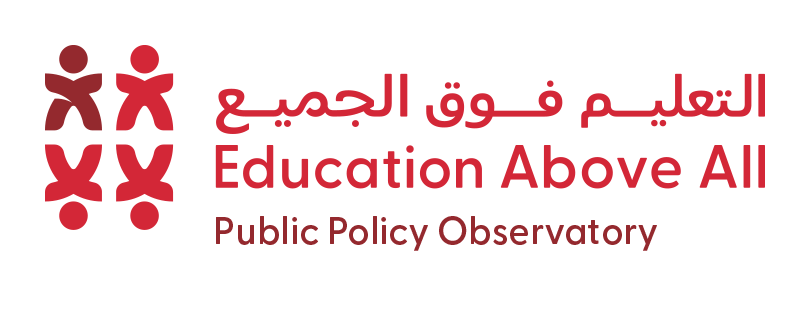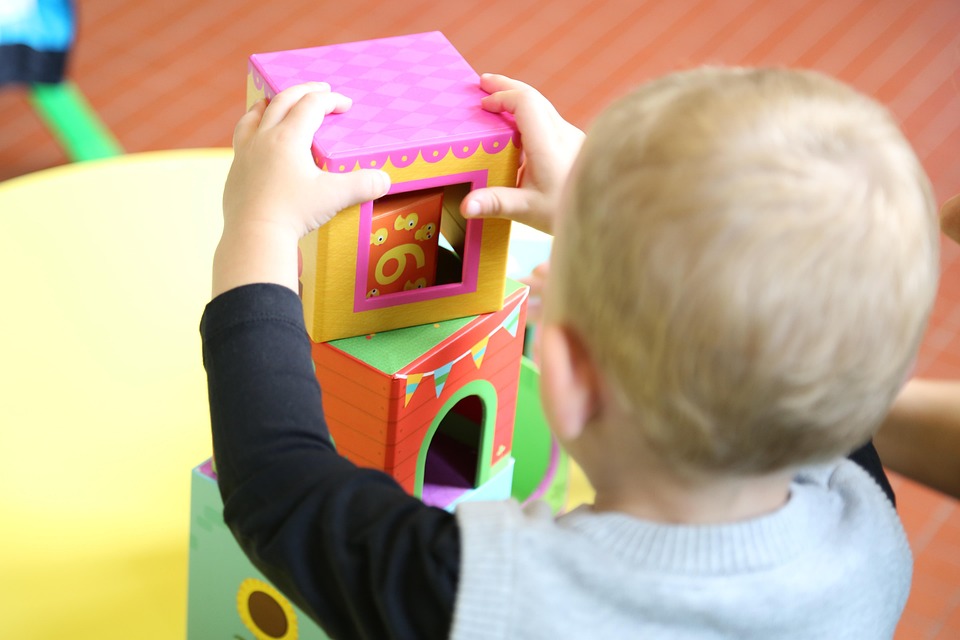Context and Issue:
In collaboration with the Southeast Anatolia Development (GAP) Administration, UNICEF has initiated the Home-Based Early Childhood Education program with the generous support of donors, notably the Government of Japan. This program aims to address the challenge faced by refugee families, particularly mothers, who encounter barriers in accessing early childhood education services due to household responsibilities or cultural constraints.
Solution:
The Home-Based Early Childhood Education program operates in 11-week cycles, wherein early childhood educators visit the homes of refugee families once a week. During these visits, educators engage with mothers/caregivers and their children, guiding and utilizing activity-based learning materials in Turkish and Arabic. Additionally, mothers receive education on various topics related to child development, including nutrition, hygiene, safety, and gender equality, fostering a supportive learning environment within the household.
Impact:
Since 2019, with the support of the Government of Japan and other donors, approximately 20,882 refugee and vulnerable Turkish children aged 3 to 5 have benefited from various early childhood education services, including the home-based program. A team of 335 early childhood educators has facilitated these services, contributing to the holistic development of participating children. Notably, the home-based approach allows educators to identify and address challenges faced by families, such as accessing education and healthcare services, thereby offering comprehensive support tailored to their needs.













